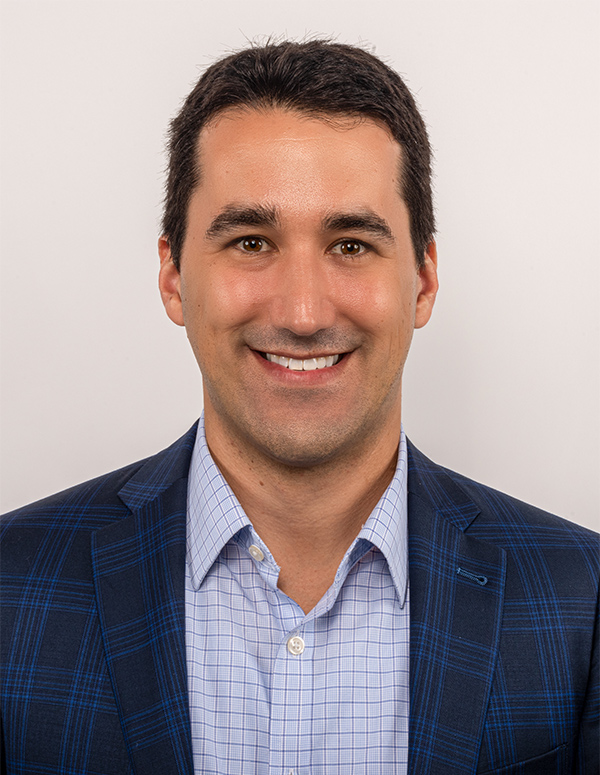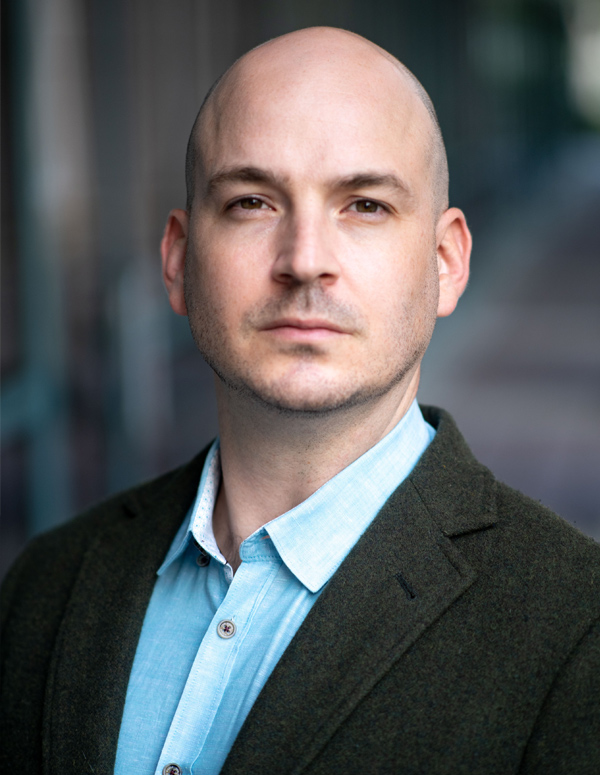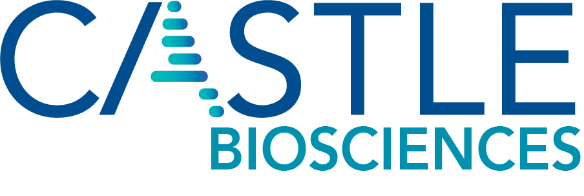Project LEAD (Learning and Engagement to Advance Dermatologists) is an engaging platform offering mentorship on personal and professional development for early career dermatologists. Our leading derms discuss crucial financial decisions, hiring processes, and discuss life changing diagnoses. Meet our Steering Committee:
Introduction
Sponsor Thank You
Steering Committee

Aaron Farberg, MD
Aaron S. Farberg, M.D. is a board-certified dermatologist and Mohs surgeon in Dallas, Texas. He is an Assistant Professor of Dermatology at Baylor University Medical Center and Texas A&M College of Medicine. Dr. Farberg is a summa cum laude graduate of Emory University and continued his education at the University of Michigan where he received his medical degree. Dr. Farberg’s post graduate training includes additional time at the University of Michigan in plastic and reconstructive surgery and, in New York, as a clinical research fellow in association with the National Society for Cutaneous Medicine.
He then remained in New York, completing a residency in dermatology at the Icahn School of Medicine at Mount Sinai Hospital where he served as chief resident. In addition to treating patients, Dr. Farberg has been a clinical investigator on several studies including FDA clinical trials. He has been recognized with numerous awards and honors, including taking first place on several occasions at regional and national medical conference competitions. Dr. Farberg is an accomplished author and has published over 75 articles in professional medical journals. While in New York he served as a consultant dermatologist for the New York Yankees.

Richard Winkelmann, DO
Following undergraduate studies in jazz music performance at Northwestern University, Dr. Winkelmann transitioned to medical school at the Ohio University Heritage College of Osteopathic Medicine. Prior to residency at the OhioHealth Riverside Hospital Dermatology program, Dr. Winkelmann developed a passion for skin cancer during a year-long cutaneous oncology research fellowship with Dr. Darrell S. Rigel, Clinical Professor of Dermatology at the New York University Medical Center. Following his residency training, Dr. Winkelmann went to complete another year-long fellowship in Mohs surgery at University of North Texas Health Sciences.
Dr. Winkelmann’s research and academic interests include photoprotection, evolving diagnostic technologies for early skin cancer detection, the surgical management of cutaneous malignancy, and education for dermatologists. Dr. Winkelmann currently serves as the director for Dermatology and Mohs Surgery at Optum Care in Los Angeles, CA and lives in Venice Beach.

Gabriela Maloney, DO
Gabriela A. Maloney, DO is a Board Certified Dermatologist at Forefront Dermatology in Brookfield, WI. She completed her dermatology residency in at Riverside Methodist Hospital in Columbus, OH after attending medical school at Midwestern University in Chicago. She was born and raised in Brazil and moved to the United States on a scholarship at the age of 15.
She earned her Bachelors of Science in Biochemistry and Biotechnology at the University of Missouri in St Louis when she was only 19 years old. After graduating she worked for a biotechnology company where she investigated and developed techniques to study human collagen regeneration.
She has authored many publications in different journals and presented in national and international conferences. Dr Maloney hopes to contribute to the medical and cosmetic field via research and patient education. She has a passion for surgical dermatology, cosmetics and cutaneous oncology.
About our Sponsor

Castle Biosciences
Castle Biosciences develops and commercializes diagnostic and prognostic tests for dermatologic cancers. Our tests provide clinically actionable, tumor-specific genomic information to enable more accurate treatment plan decisions. We believe that the traditional approach to developing a treatment plan for dermatologic cancers using clinical and pathology factors alone is inadequate and can be improved by incorporating personalized genomic information. Learn more.
